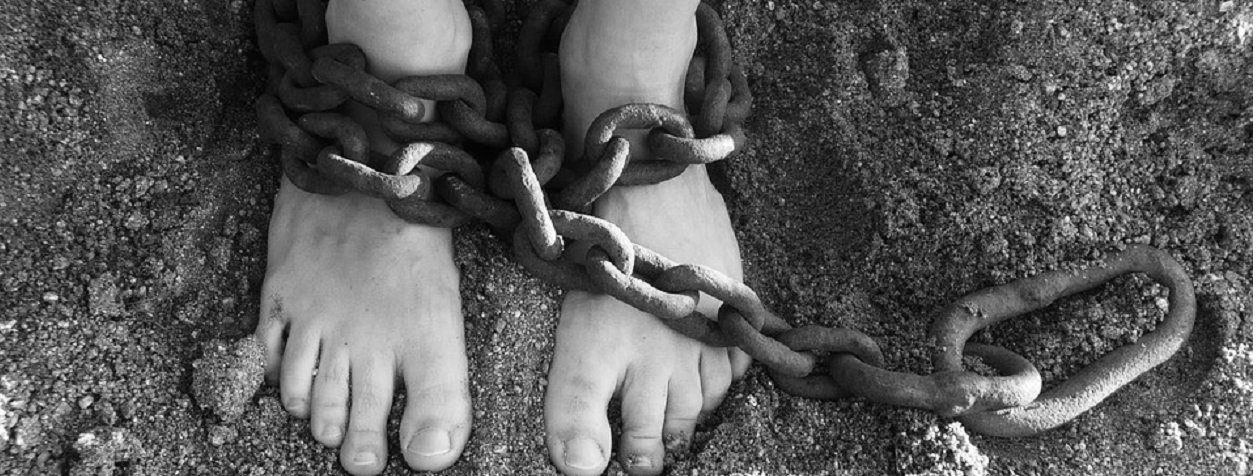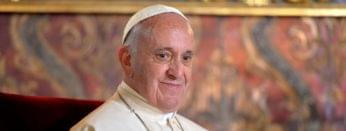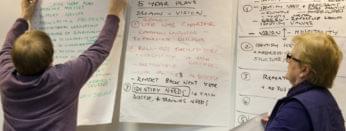On the occasion of the International Day of Prayer and Awareness against Human Trafficking, 8 February, Caritas Europa casts the spotlight on the global tragedy of trafficking in human beings. This scourge affects millions of people in the world and generates billions of euros for criminal groups.
“I was 12 when a friend of the family visited my parents. She said that she knew people in Paris who were about to be parents and they were looking for a teenager who could take care of the baby. They promised that I will be paid and receive an education. I felt I was dreaming. I was on my way to France to study,” told Olivia, who was trafficked and abused as a domestic slave for 9 years in Paris.
Caritas organisations from across Europe work daily with victims of trafficking like Olivia. But neither Caritas nor civil society alone can seriously challenge the global indifference that feeds trafficking in human beings. Caritas Europa thus calls on European states and the European Union to do their utmost to tackle the root causes of trafficking.
“Considering today’s world is increasingly instable, loaded with conflicts, climate change-triggered emergencies and an increasingly widening gap between haves and haves-not, it is vital to end factors that contribute result in horrendous trap of modern-day slavery. Special attention must be directed to children, as they suffer the most, especially linked to conflict and post-conflict situations and few options for legal channels of migration. The children often escape dire conditions at home with hopes and dreams. But eventually they end up as labour or sex slaves. They’ve been robbed of their childhood and dignity. The psychological wounds are tremendously deep,” said Geneviève Colas, Caritas Europa’s expert in trafficking in human beings.
For more information on Caritas Europa’s work in this field, visit here






